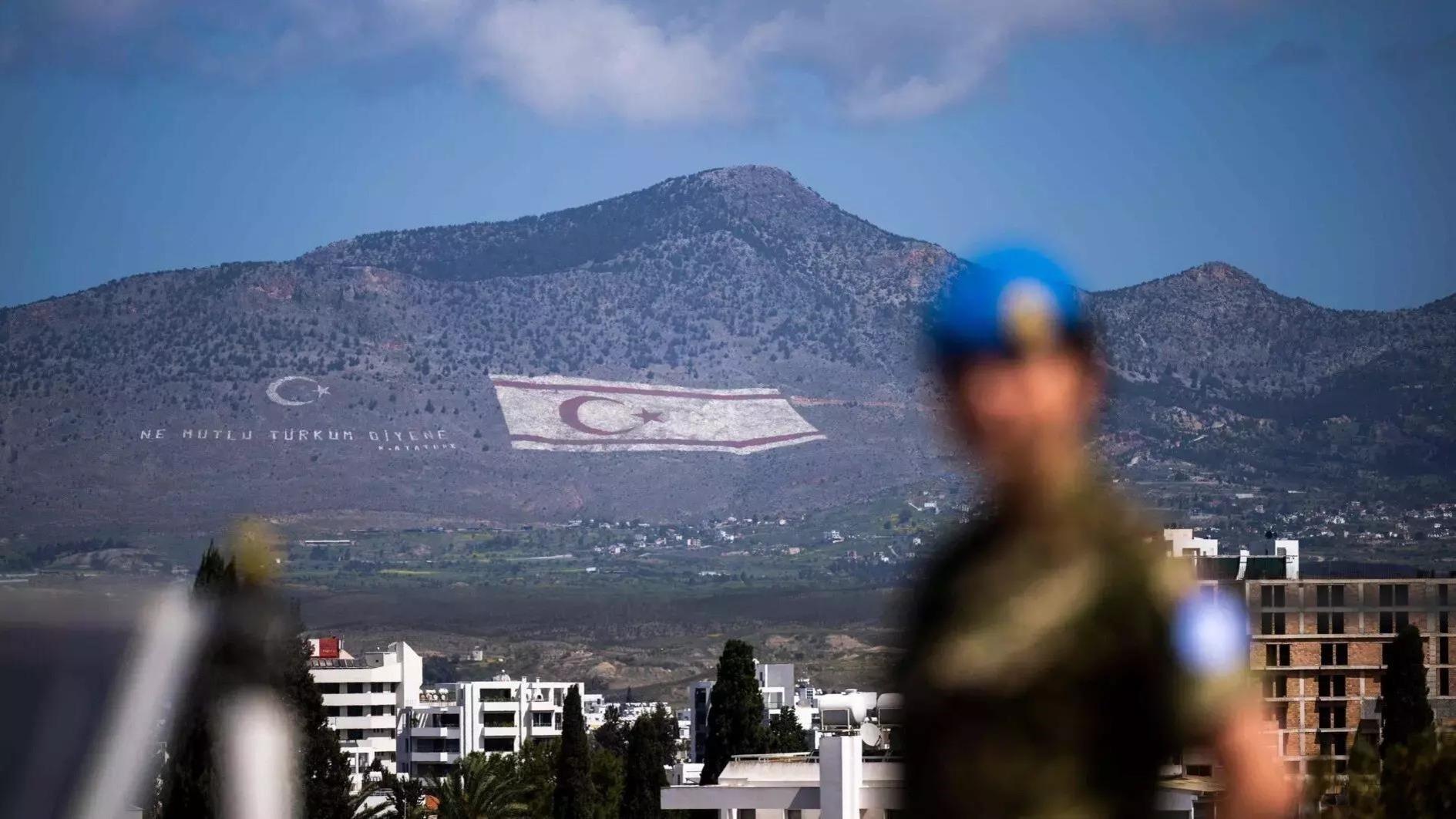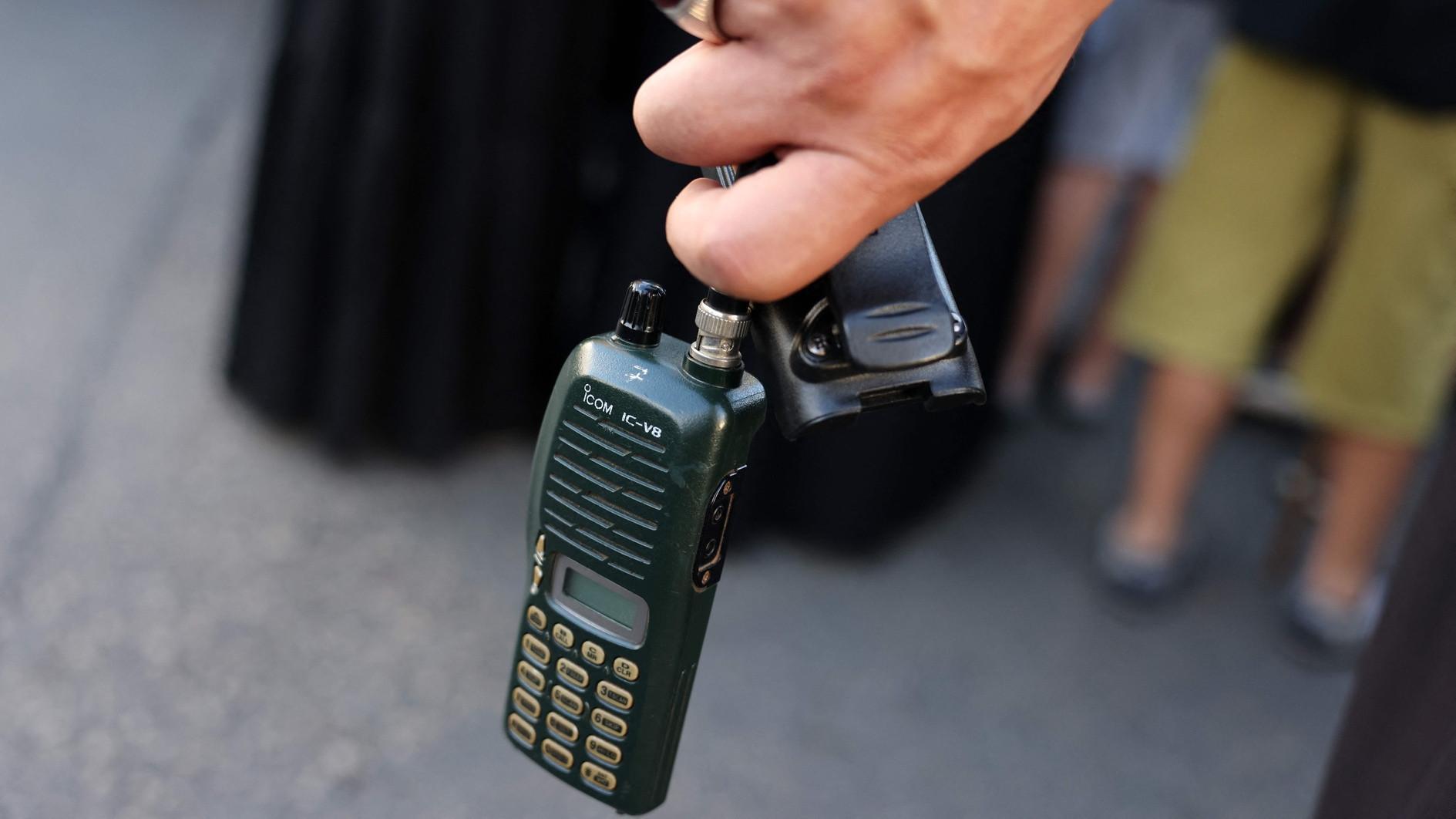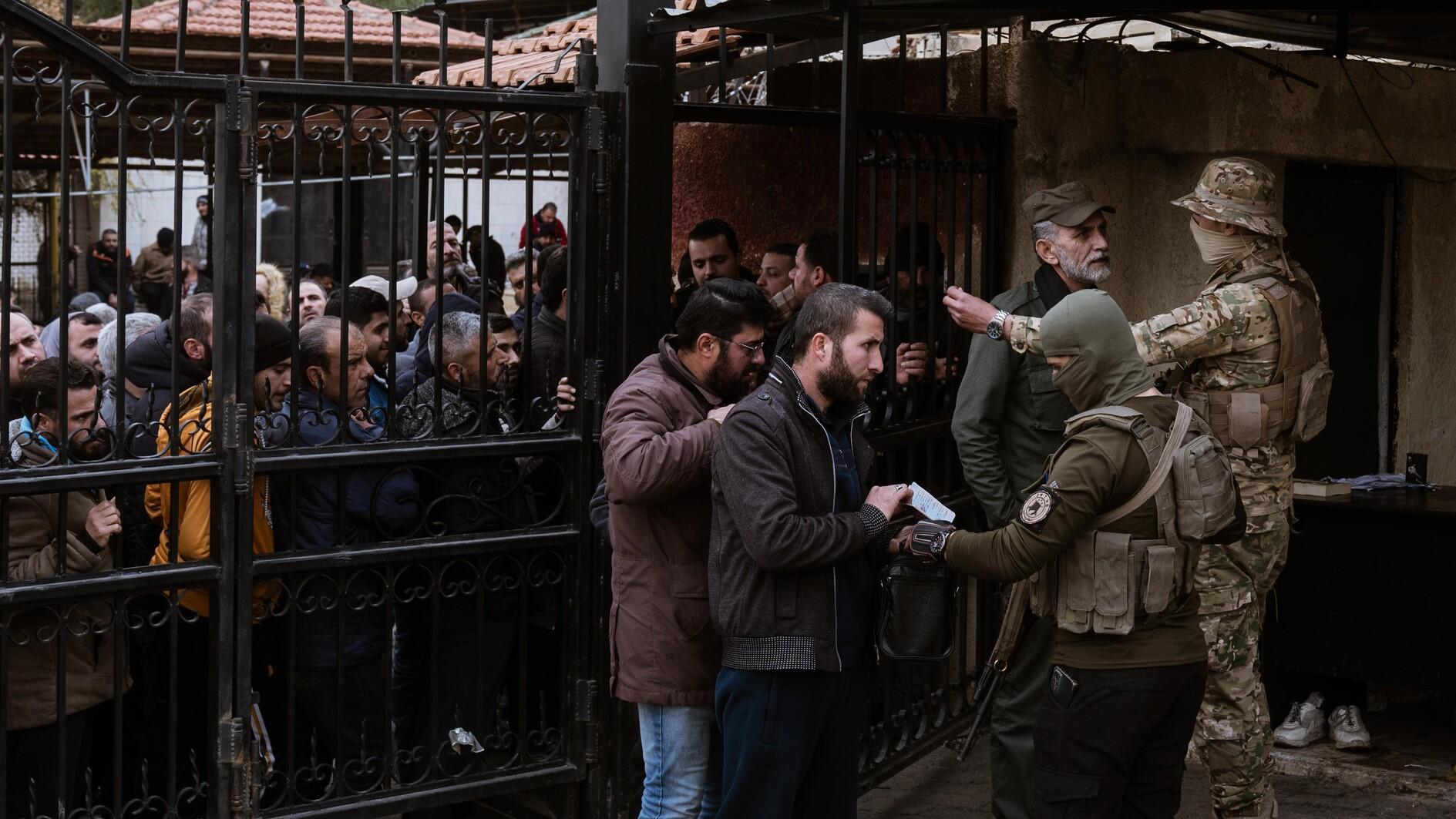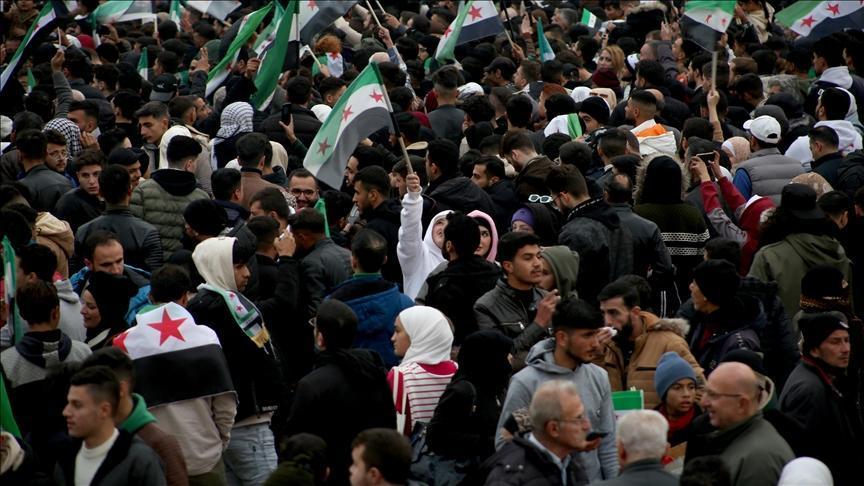No exemption from military service on agenda, Turkish PM Davutoğlu says
Nuray Babacan / Turan Yılmaz ANKARA
 Turkish Prime Minister Ahmet Davutoğlu has said paying money to avoid military service is not on the government’s agenda in respect to “the current conjuncture.”
Turkish Prime Minister Ahmet Davutoğlu has said paying money to avoid military service is not on the government’s agenda in respect to “the current conjuncture.”Davutoğlu said it is not possible for the government to introduce avoiding military service by payment in the “current conjuncture,” referring to the ongoing clashes near Turkey’s border with Syria.
“It is not suitable to allow the sons of the rich to be exempted from compulsory military service while making the sons of the poor perform this service,” said Davutoğlu.
His statement came after Deputy Prime Minister Numan Kurtulmuş said on Oct. 16 that exemption from military service should be introduced “for the very last time.”
“I believe exemption from military service should be introduced for the very last time. The Cabinet will decide on that. A good army is not equal to an abundance of soldiers. I believe it should be introduced for those [who prefer not to perform it] for the very last time,” Kurtulmuş told daily Posta.
Military service is compulsory for male citizens of Turkey who are 18 years of age or older. Paid military exemptions are introduced occasionally to decrease the number of “absent without leaves,” deserters, and others who somehow evade military service.
The government introduced the exemptions in 2013. Later that year, Bekir Bozdağ, who was a deputy prime minister at the time, said 70,143 people had signed up for exemptions from military service, paying a total of roughly 2 billion Turkish Liras.
A total of 70,143 men applied for the exemption as of Feb. 15, 2013 and applications from 67,630 people were approved, Bozdağ said, responding to a deputies’ question in Parliament on April 16, 2013.
More than 2.2 million liras of income were received from the exemptions overall, he also said, adding that this income was to be used for the financing of social services and for aid provided to the relatives of fallen soldiers, injured soldiers, disabled people, and service-disabled people from the security forces.
















